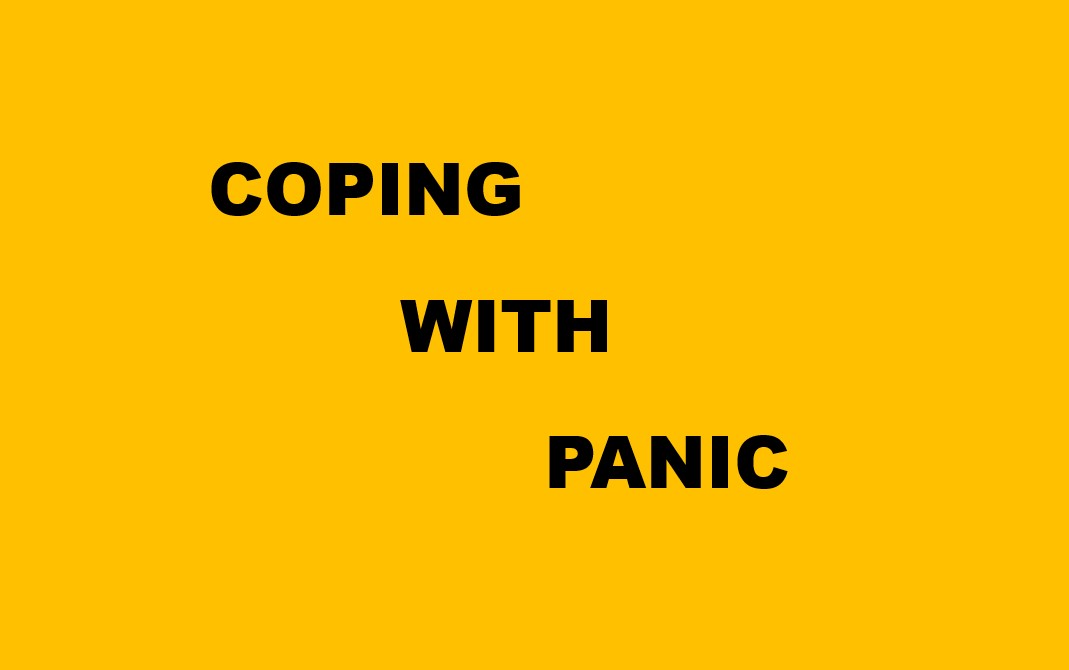
by Rev. Michael Heath | Sep 19, 2024
Anxiety and panic attacks are serious mental health problems. Over the past twenty years, neuroscientists, especially those who study the autonomic nervous system (ANS), have learned a lot about why we worry. Fortunately, the research has also produced more effective techniques to deal with these issues.
Our increased understanding of the neurology of panic has revealed that panic is not limited to anxiety attacks. It is present at different levels along a spectrum. Things like losing one’s temper over a minor frustration or being “triggered” result from panic.
Not surprisingly, recent scientific advances have led to an increased appreciation of the wisdom of Eastern practices such as yoga and meditation. In turn, this increased appreciation has led to incorporating these ancient exercises into the treatment of anxiety,
In light of these developments, here is a summary of the findings and their practical applications.

by Rev. Michael Heath | Mar 18, 2020
Okay, everyone needs to just take a deep intentional breath or two and reflect for a moment. Although it is unprecedented and very difficult to accept (much less understand), over the past week, the coronavirus has completely changed the world and life as we have come to know it. Even worse , even the experts don’t know how bad it is going to get or how long it will be before life returns to normal.
Indeed, these are frightening times and being afraid is normal and not a sign of paranoia or some other anxiety disorder. That said, while it is normal and okay to be afraid, it is important not to panic. Here are some basic tips to help you tell the difference between fear and panic and how to manage fear rationally :

by Rev. Michael Heath | Aug 5, 2016
Anger has been in the news a lot lately. With all of the reports in the media about terrorist rampages, mass shootings, political unrest and protests, many people are very upset. A lot of folks feel like the character from the movie Network (1976) Howard Beale who...
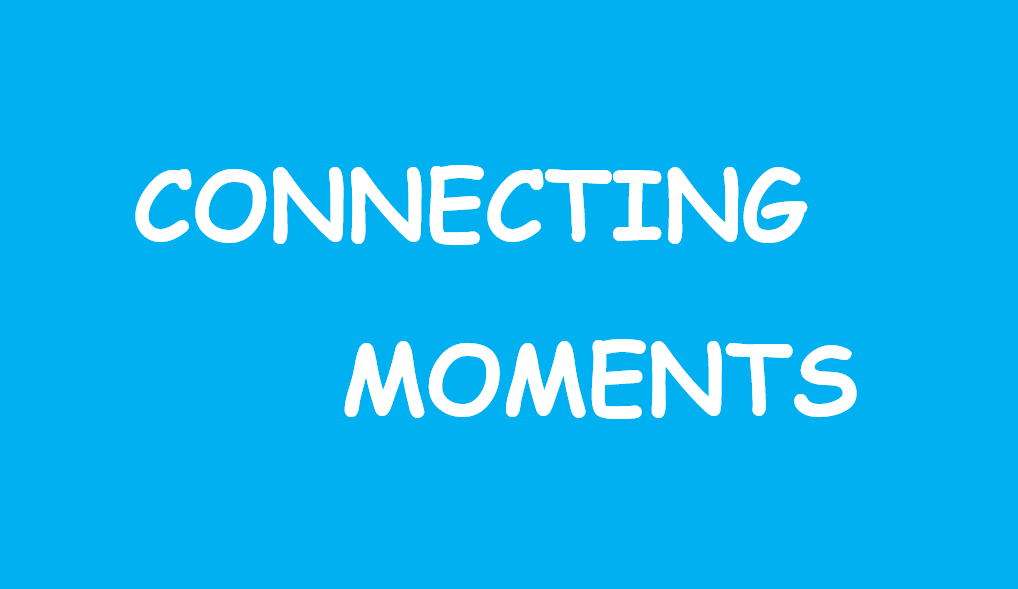
by Rev. Michael Heath | May 2, 2025
I’ve been a counselor since 1978 but I have never seen anything like what has been going on over the past few months. People are calling me in the midst of panic, worrying that they are going crazy.
Fortunately, most often, a brief examination of their situation reveals that they are quite sane. Their panic is the result of being overwhelmed by non-stop media-hyped crises.
Specifically, people are freaking out over the impact of Donald Trump’s tariffs and Elon Musk’s chainsaw cuts.
I’m wondering if my experience as a therapist is a symptom indicative of a larger cultural problem ?
Cultural and Technological Stressors
Apart from the scary content of the news, there are two underlying factors that, taken together, explain why the news causes so much distress. 1) the decline of social connections and 2) the growing impact of distressing news delivered non-stop via smartphones.
Urbanization, characterized by declining religious and social groups, has weakened traditional social structures. Likewise, internet technology has reduced person-to-person connections. When combined, these changes have left us feeling less supported and more anxious. Americans Are Socializing Less—Is It Making Us Unhappy? – Newsweek
As our social supports have diminished, the volume of distressing news has increased. Instead of getting our news from Chet Huntley on the Six O’clock News, smartphones and computers bombard us with information throughout the day and night.
The internet and social media overwhelm people with more information than they can process. While life has always been challenging, changes in society and technology have made coping dramatically more difficult.
To make matters worse, the rhetoric in political and social media discourse has become uncivil and abusive. Profanity-laden political comments and unfiltered social media posts have increased polarization, mistrust, and emotional agitation.
Given these changes, it’s no wonder that, when disturbed by unsettling headlines, folks who have fewer places to turn for support feel more stressed.
Taking everything together, it is not surprising that a lot of people feel more depressed and anxious and less able to cope with everyday stressors.
Increasing Social Connection
With all of this in mind, what can we do ? Since May is Mental Health Awareness Month, it’s important to understand that psychotherapy, in addition to treating psychological disorders, also helps people to cope with difficult life stressors.
Besides effective stress-management techniques, people also need a human connection to manage their emotional distress. Fortunately, there is a simple way to experience social connection. While we can’t change culture, it is possible to create brief moments of social connection that can provide a needed lift .. BEING PRESENT | Pastoral Counseling Syracuse, NY
For example, the next time you’re standing at the produce section at the grocery store, waiting in line at the bank, or checking out at Target, you have an opportunity to engage someone and have a connecting moment.
Finding these moments makes you feel good and is also a gift for the other person. Here are the simple steps you can use to help you feel more connected and help someone else, too.
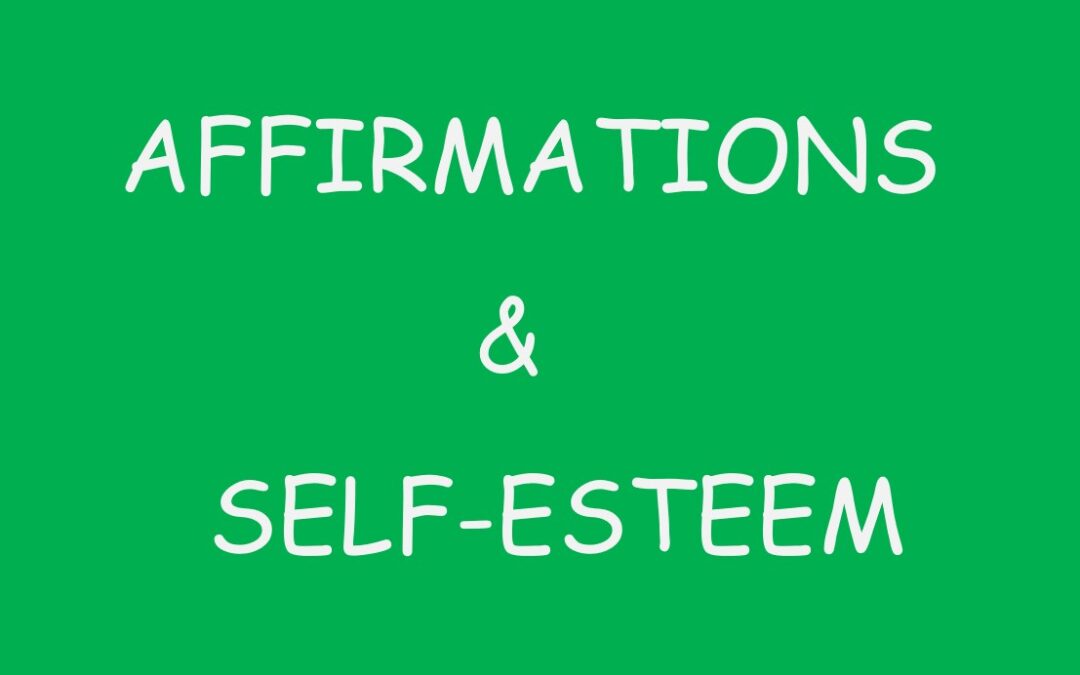
by Rev. Michael Heath | Mar 18, 2025
Many people have poor self-esteem. Likewise, many believed that repeating self-affirmations was a way to improve one’s self-regard. Of course, everyone wants and needs self-affirmation, but it is overrated as a therapeutic technique.
Self-affirmation was a big deal in pop psychology 30 years ago. Bookstores and novelty shops promoted it with posters and T-shirts featuring affirming platitudes. Likewise, business offices posted them prominently in waiting areas.
While there is nothing wrong with ego-boosting messages, the value of simply repeating them to yourself is limited. Remember comedian Al Franken? He lampooned and exposed the fallacy of this craze through his SNL character, Stuart Smalley, who began each day by reciting empty self-affirmations.
While, internet apps have pretty much replaced posters, the emphasis is still pretty much the same. SELF: Self-Care & Self-Love – Apps on Google Play Although, self-affirmations are not a bad thing, they can’t take the place of psychotherapy to repair significant self-esteem issues.
Today, I want to review some basic facts about self-esteem and explain how recent research in neuroscience has increased our understanding of how self-esteem can be damaged and why it is so difficult to repair. Within that context, the legitimate place of affirmations can be better appreciated.
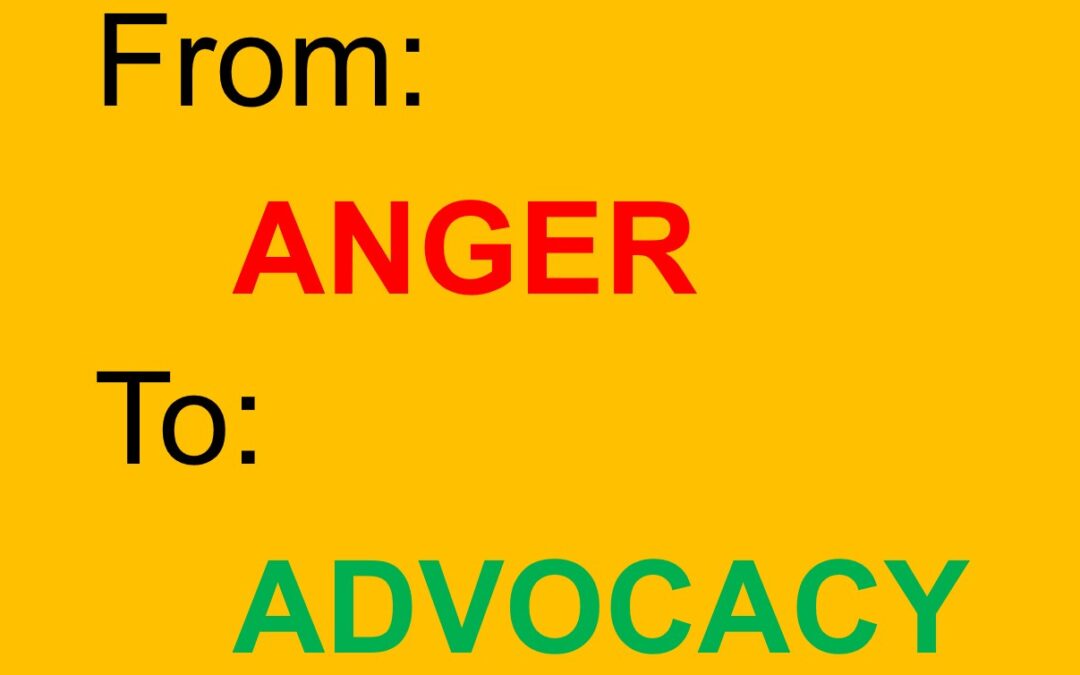
by Rev. Michael Heath | Dec 17, 2024
Now that the dust from the sensational United HealthCare CEO murder has settled, it’s time to reflect on the larger significance of these events. To be clear, there is no justification or moral support for what the assassin did. Legitimate social protest must never involve physical violence.
That said, the intensity of the “volcanic” reaction to Thompson’s death exposes the anger many feel toward private health insurance. This public outcry is pervasive and thus needs serious consideration.
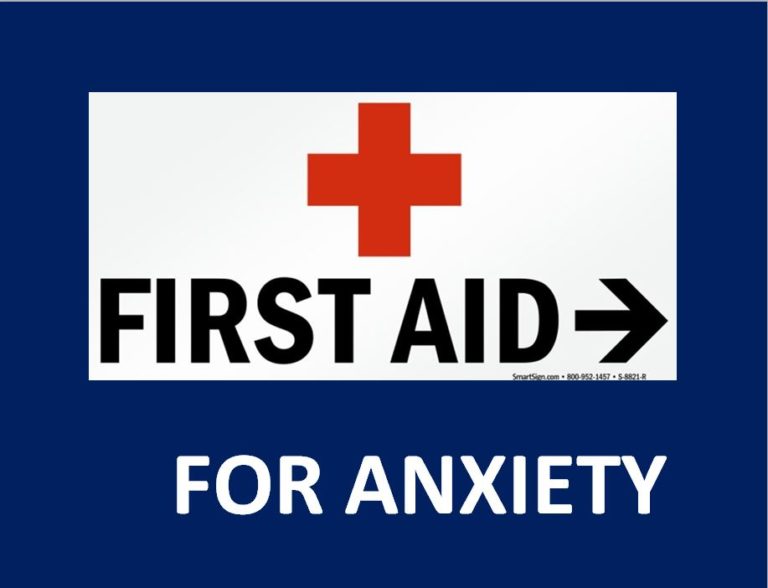
by Rev. Michael Heath | Nov 6, 2024
Given the recent election results, I have received many panicked phone calls from folks terrified about what will happen to our country. While I do not wish to get into political discussions, I do wish to respond to those feeling anxious and provide concrete steps to take to reduce their discomfort.
Anxiety is a serious and complex problem for many people. In some cases, successful treatment requires a combination of psychotherapy and medication. For many, however, employing some basic first-aid can render significant and immediate relief. Here are four steps which, if followed, can quickly and dramatically reduce the crippling effects of panic and anxiety attacks.
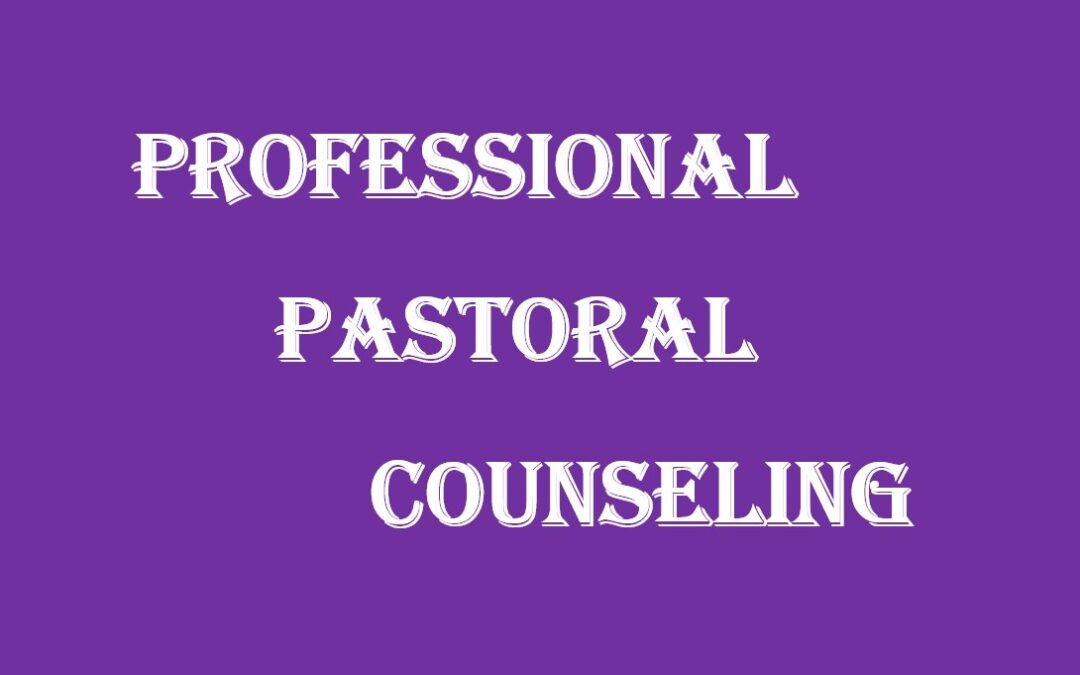
by Rev. Michael Heath | Oct 4, 2024
Despite being around for over 50 years, many people are still confused about what professional pastoral counseling (PPC) is. Pastoral Counseling ? | Pastoral Counseling Syracuse NY (revmichaelheath.com)This confusion is understandable since the term is imprecise.
For example, any minister who gives guidance is, in a sense, a pastoral counselor. I wish to use the term to refer to therapists who are trained and licensed in psychotherapy and are ordained clergy.
Sadly, many people erroneously think that one has to be religious to talk to a professional pastoral counselor. As such, I want to dispel some myths and discuss what makes professional pastoral counseling unique among therapeutic approaches.
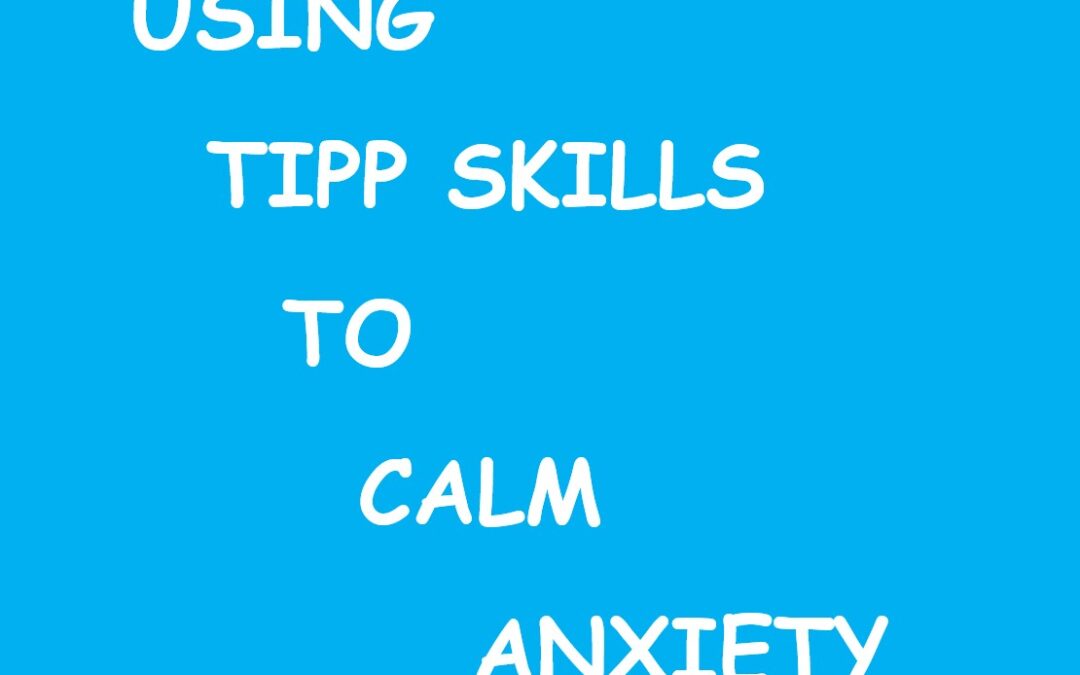
by Rev. Michael Heath | Apr 15, 2024
With the stressors of inflation, cultural polarization and wars, more and more people are feeling anxious. It seems that every day new reports are showing how anxiety levels are climbing throughout the world. The social and economic consequences of COVID-19 have...
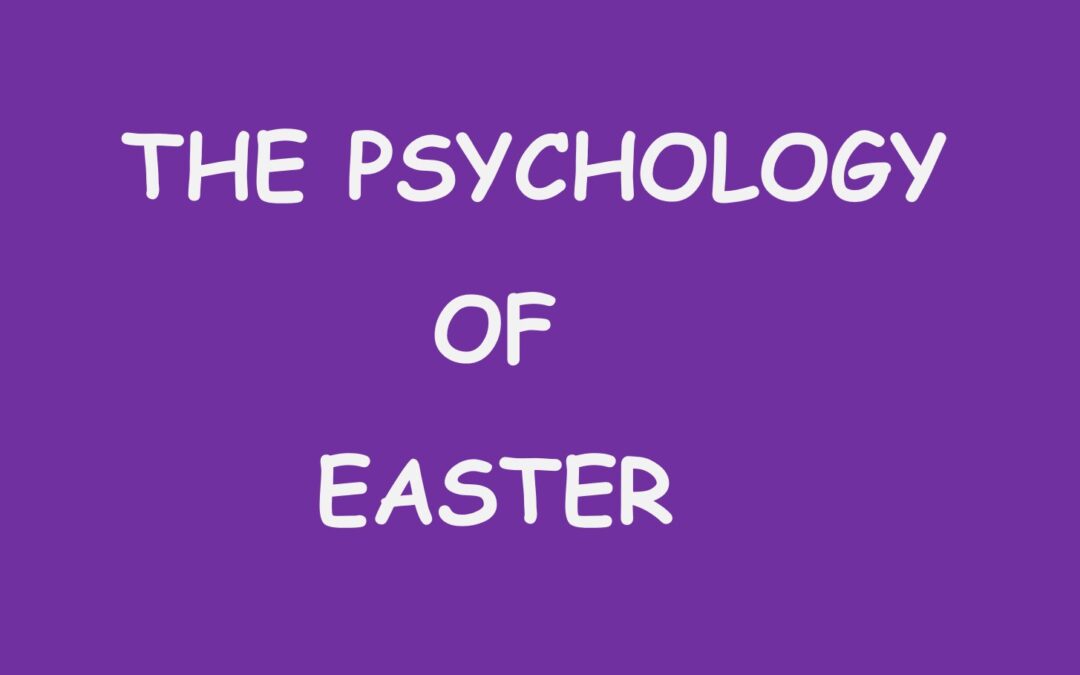
by Rev. Michael Heath | Mar 31, 2024
Happy Easter, Everyone !
Having said that, I realize that Easter means different things to different people. As a child, Easter meant Easter Baskets and brightly colored eggs. For others, it’s a celebration of Nature and the return of Spring after a long and cold winter.
For many Christians, Easter is all about the miracle of Jesus’ resurrection from the dead after dying on the cross. It’s the cornerstone of Christianity’s belief in salvation and eternal life.
For some Christians, however, a literal interpretation of the story is a stumbling block. They believe in many of the teachings of Jesus but feel that the supernatural narrative simply defies science and logic.
In addition to supernaturalism, another the emphasis that conservative Christianity places on suffering and the necessary death of Christ creqtes a problem for many. The notion that humans are inherently evil and deserving of eternal damnation unless a blood sacrifice is offered for their redemption is incomprehensible and does not fit with the belief in a loving God.
Blessings for those who find meaning in the traditional story. But for those who see it as an obstacle to their faith, I suggest that a literal understanding is not the only way the Easter story can inspire or have meaning. So I offer these thoughts today.










